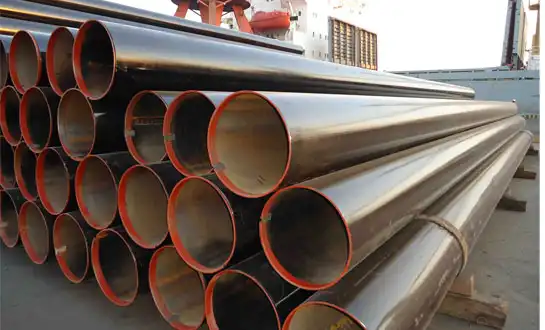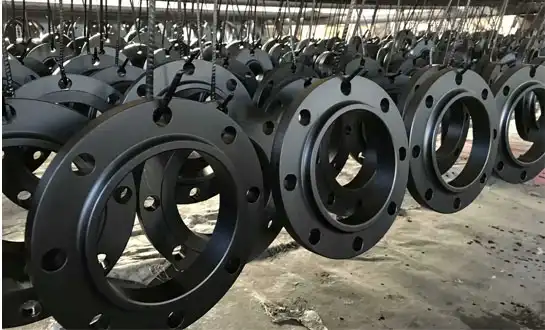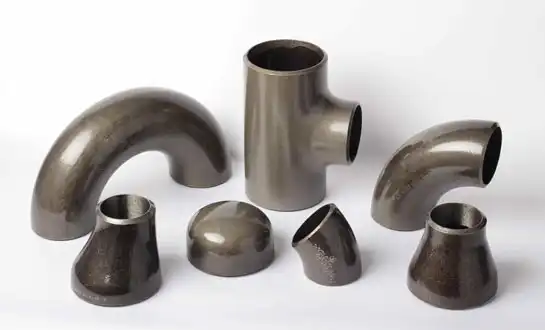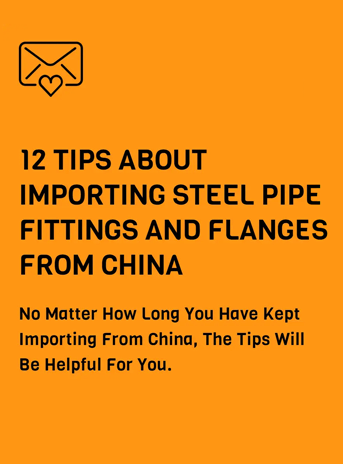Exploring Different Types of Steel Pipes & Most Common Uses
Steel pipes represent one of the most versatile and widely used construction materials across industries, available in numerous types to meet specific application requirements. These cylindrical conduits vary by manufacturing process, material composition, and dimensional specifications to serve distinct purposes in infrastructure, industrial, and commercial projects. From seamless steel pipes for high-pressure applications to welded varieties for cost-effective solutions, each type offers unique advantages that make it suitable for particular uses. The most common applications span water distribution, oil and gas transportation, structural support, and mechanical systems, demonstrating the remarkable adaptability of steel pipes. This comprehensive guide examines the primary classifications of steel pipes, their manufacturing differences, and their predominant industrial applications to help professionals select the optimal solution for their projects.
Classification by Manufacturing Process
Seamless Steel Pipes for High-Pressure Applications
Seamless steel pipes are manufactured through an extrusion process that creates a continuous, homogeneous structure without welded seams. This production method makes them exceptionally strong and reliable for handling extreme pressures in critical applications like oil and gas exploration, power generation, and hydraulic systems. The absence of welds eliminates potential weak points, allowing seamless steel pipes to withstand higher stress levels than their welded counterparts. These pipes typically undergo rigorous testing including hydrostatic examinations, ultrasonic inspections, and eddy current tests to ensure integrity. Common materials for seamless steel pipes include carbon steel (ASTM A106), alloy steel (ASTM A335), and stainless steel (ASTM A312), each selected based on service conditions. Their superior strength comes at a higher cost, making them most suitable for applications where failure is not an option, such as refinery piping, boiler tubes, and high-pressure steam lines.
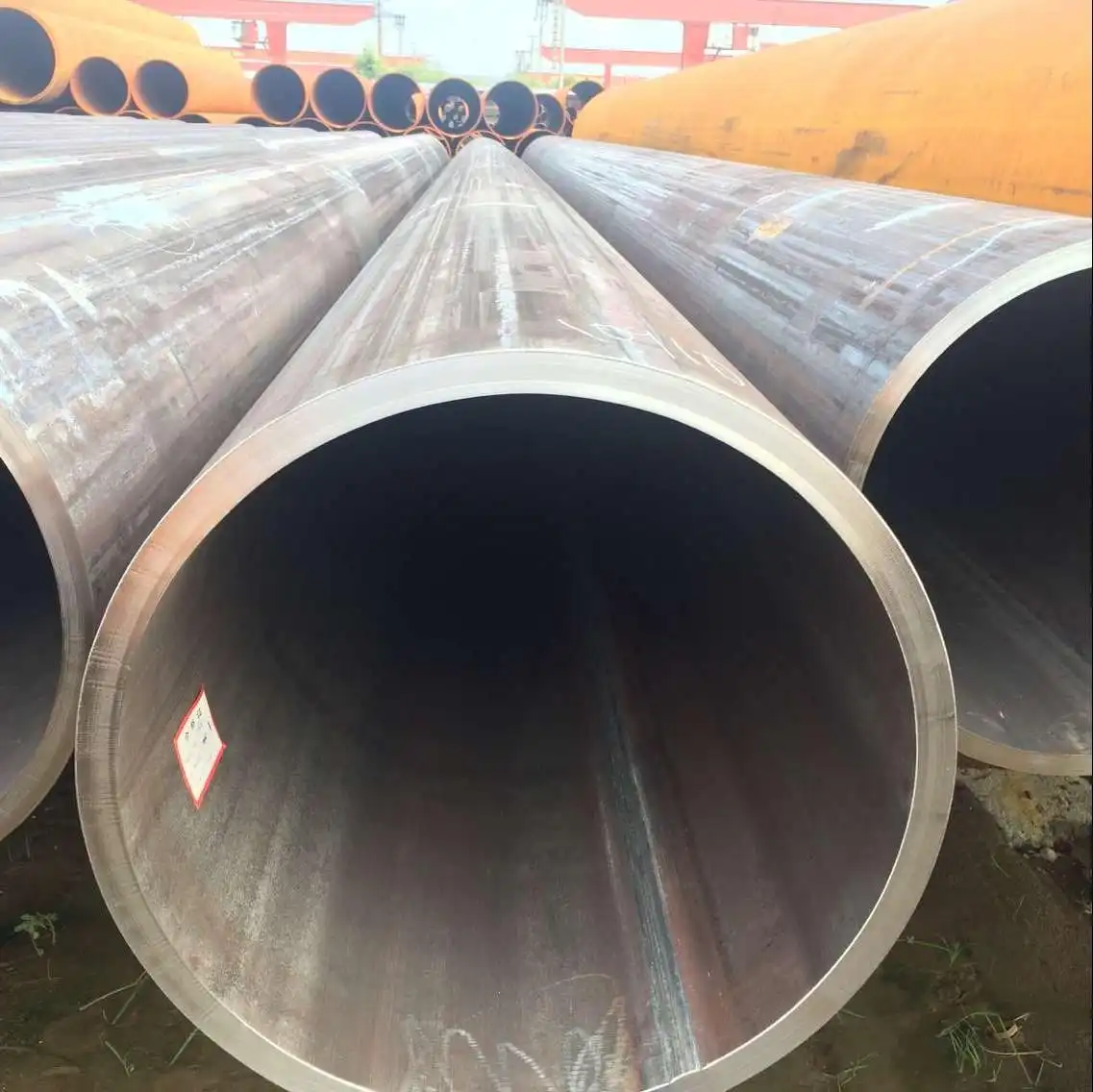
Electric Resistance Welded (ERW) Steel Pipes
ERW steel pipes are formed by rolling steel coils into cylindrical shapes and welding the seam using electric resistance heating. This efficient manufacturing process produces pipes with consistent wall thickness and excellent dimensional accuracy at a lower cost than seamless alternatives. Modern ERW technology has significantly improved weld quality, allowing these steel pipes to compete with seamless pipes in many medium-pressure applications. They dominate water distribution systems, fencing, scaffolding, and structural applications where extreme pressures aren't encountered. The welding process enables production of large diameter steel pipes (up to 24 inches) that would be impractical to manufacture as seamless. ERW pipes undergo various finishing processes including sizing, straightening, and testing to meet industry standards like ASTM A53 and API 5L. Their cost-effectiveness and adequate performance make them the most widely used type of steel pipe for general purpose applications.
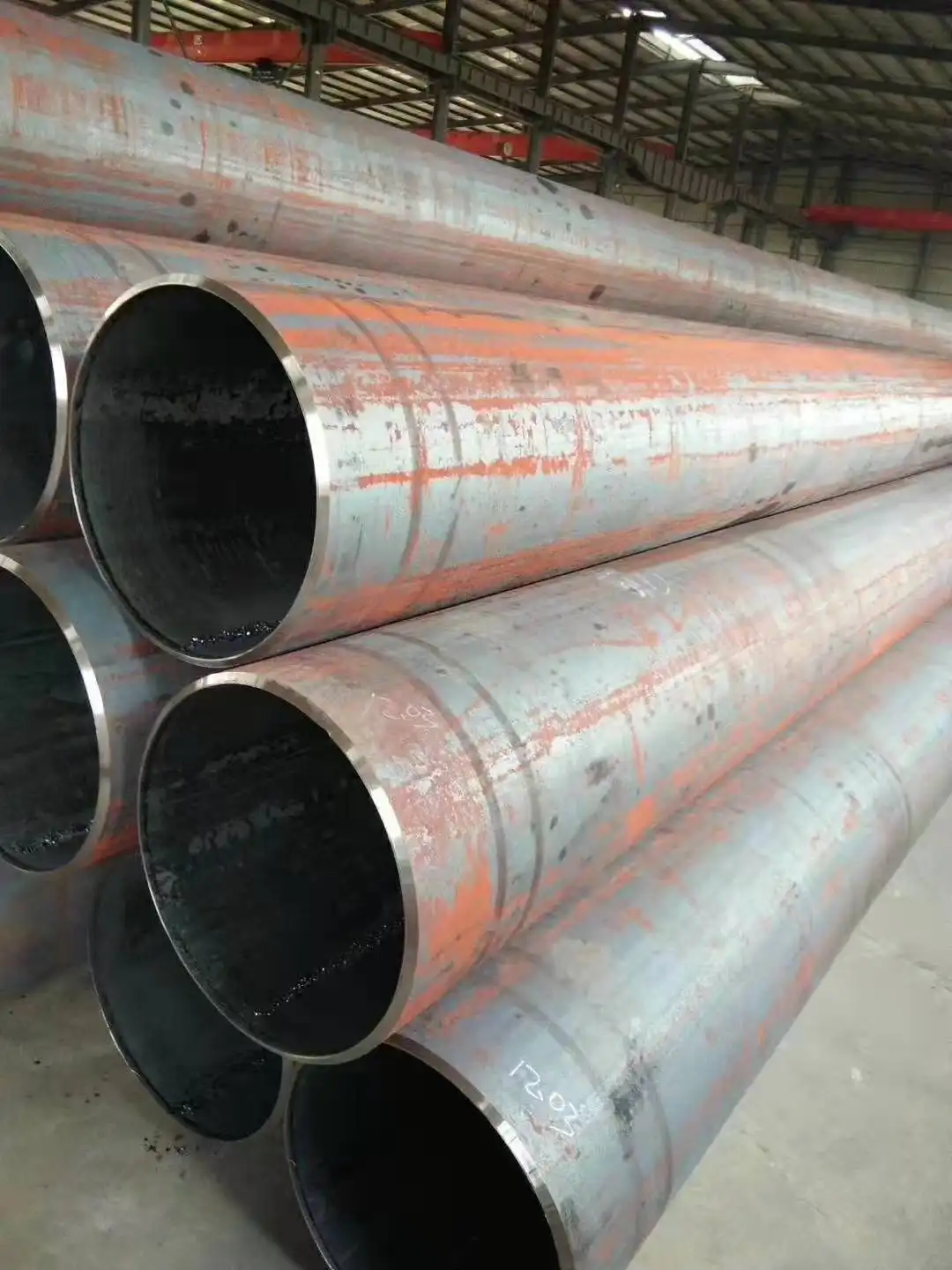
Spiral Welded Steel Pipes for Large Diameter Needs
Spiral welded steel pipes are manufactured by helically winding steel strips and continuously welding the seam to create large diameter pipes (typically 20 inches and above). This innovative production method allows for cost-effective manufacturing of pipes with diameters that would be prohibitively expensive to produce through other methods. The spiral weld design actually enhances structural strength for certain applications like piling and trenchless construction. These steel pipes excel in water transmission mains, sewer force mains, and structural applications where large diameters are required. The spiral weld configuration provides excellent resistance to hoop stress, making these pipes particularly suitable for low to medium pressure fluid transportation. Modern manufacturing techniques have improved weld integrity to the point where spiral welded steel pipes can now meet API 5L specifications for certain pipeline applications. Their dimensional flexibility and economic advantages make them ideal for municipal infrastructure projects requiring large diameter conduits.
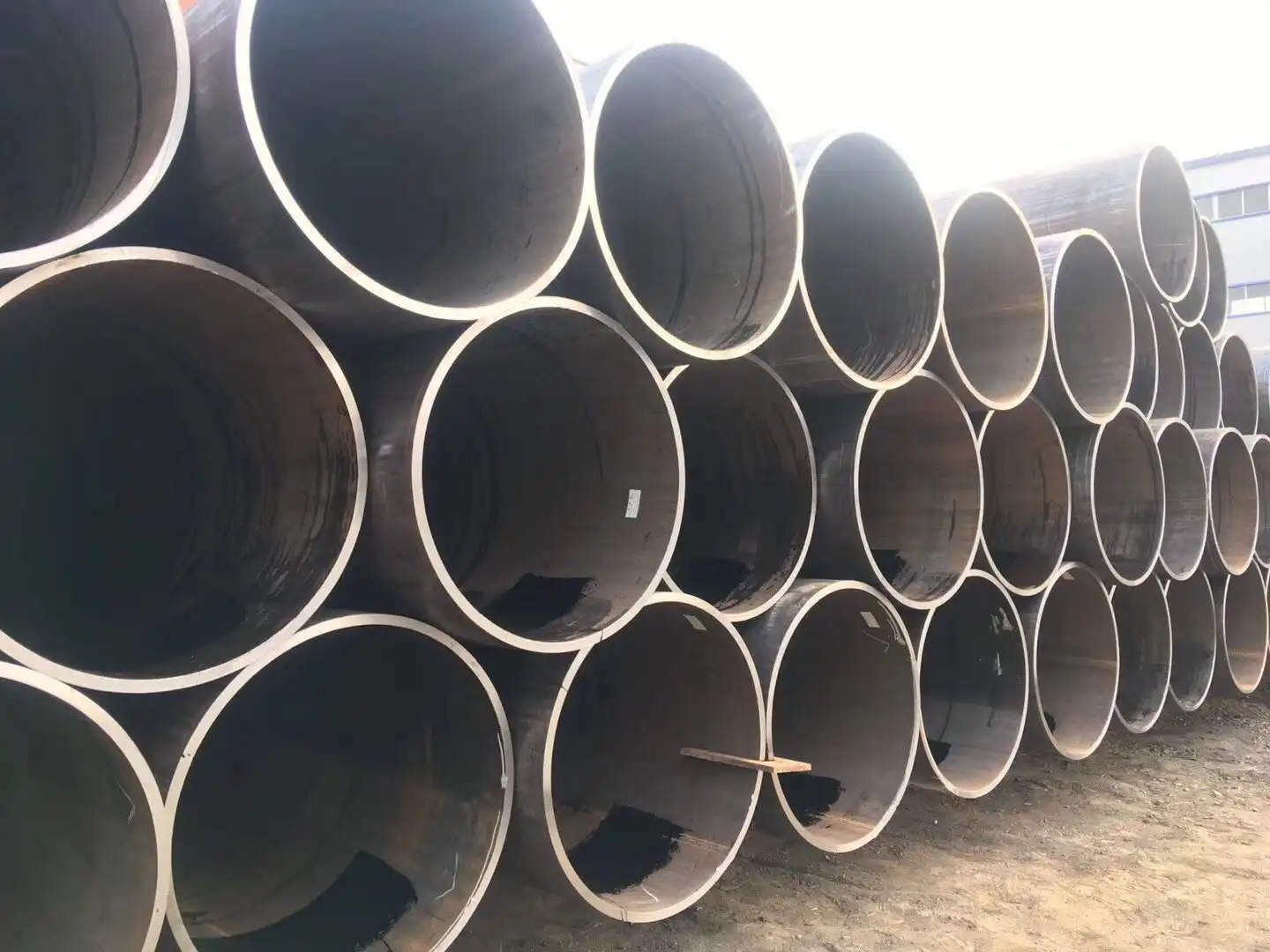
Classification by Material Composition
Carbon Steel Pipes: The Industry Standard
Carbon steel pipes, primarily composed of iron with controlled carbon content (typically 0.06-0.25%), represent the most common and economical choice for general applications. Their popularity stems from an excellent balance of strength, formability, and cost-effectiveness across a wide range of industrial uses. ASTM A53 and A106 carbon steel pipes dominate water distribution systems, plumbing, and low-pressure steam lines due to their reliable performance and ease of installation. These steel pipes can be further protected through galvanization (zinc coating) for corrosion resistance in outdoor or wet environments. Higher carbon grades offer increased strength for structural applications like building frames and support columns. The weldability and machinability of carbon steel pipes make them versatile for fabrication and modification on job sites. While susceptible to corrosion without proper protection, their overall performance and affordability ensure continued dominance in construction and industrial markets.
Stainless Steel Pipes for Corrosive Environments
Stainless steel pipes, containing a minimum of 10.5% chromium, offer exceptional corrosion resistance for demanding applications where carbon steel would fail. The chromium forms a passive oxide layer that protects against rust and chemical attack, making these steel pipes ideal for food processing, pharmaceutical, chemical, and marine applications. Common grades include 304 (general purpose) and 316 (with added molybdenum for enhanced corrosion resistance). Austenitic stainless steel pipes maintain strength at high temperatures while remaining non-magnetic, useful in specialized electrical applications. Their smooth surface finish inhibits bacterial growth and allows for easy cleaning, critical in sanitary applications. Though more expensive than carbon steel, stainless steel pipes provide superior longevity in corrosive environments, often justifying their higher initial cost through reduced maintenance and replacement expenses. They're particularly valuable in offshore oil platforms, desalination plants, and chemical processing facilities where corrosion resistance is paramount.
Alloy Steel Pipes for Extreme Conditions
Alloy steel pipes incorporate additional elements like chromium, molybdenum, or nickel to enhance specific properties for specialized applications. Chrome-moly alloy pipes (ASTM A335) excel in high-temperature service such as power plant boilers and refinery piping, resisting creep and oxidation. Low-temperature carbon steel pipes (ASTM A333) maintain toughness in cryogenic applications like LNG facilities. These specialized steel pipes undergo precise heat treatment to optimize their microstructure for intended service conditions. Duplex stainless steel pipes combine high strength with excellent corrosion resistance for demanding offshore and chemical processing applications. The enhanced properties of alloy steel pipes come at a premium price but are often essential for extreme operating conditions where standard materials would fail prematurely. Their use is typically justified in critical applications like high-pressure steam lines, downhole tubing, and high-stress structural components where performance outweighs cost considerations.
Most Common Industrial Applications
Oil and Gas Transportation Systems
The energy sector relies heavily on high-grade steel pipes for exploration, production, and transportation of hydrocarbons. API 5L specification steel pipes form extensive pipeline networks that safely transport crude oil and natural gas over thousands of miles. These pipelines utilize both seamless and welded steel pipes with special corrosion-resistant coatings for underground and underwater installation. In drilling operations, specialized steel pipes serve as casing and tubing to maintain well integrity and facilitate production. The pipes must withstand extreme pressures, corrosive fluids, and temperature variations while maintaining structural integrity. Offshore applications require particularly robust steel pipes with additional wall thickness to resist deep-water pressures. Advanced steel compositions and manufacturing techniques continue to push the boundaries of what's possible in hydrocarbon transportation, enabling development of resources in increasingly challenging environments.
Water Infrastructure and Distribution Networks
Municipal water systems depend on durable steel pipes for reliable water transmission and distribution. Large diameter steel pipes form the backbone of urban water supply networks, often lined with cement mortar or epoxy for corrosion protection and water quality maintenance. Their strength allows shallow burial depths even under heavy traffic areas, reducing installation costs. Steel pipes dominate water treatment plant piping due to their ability to withstand high pressures and water hammer effects. In wastewater applications, corrosion-resistant steel pipes handle abrasive sewage flows and resist hydrogen sulfide attack. The longevity of properly protected steel pipes (often exceeding 50 years) makes them economically attractive despite higher initial costs compared to some alternatives. Their joint flexibility also helps accommodate ground movement, reducing the risk of leaks and breaks in active seismic zones.
Structural and Construction Applications
Beyond fluid conveyance, steel pipes serve vital structural roles in modern construction projects. Hollow structural sections (HSS) made from steel pipes form elegant, efficient frameworks for buildings, bridges, and towers. Their high strength-to-weight ratio allows for lighter, more economical designs compared to solid structural members. Construction sites utilize steel pipes for scaffolding, shoring, and temporary structures due to their durability and ease of assembly. Architectural applications employ steel pipes for railings, canopies, and decorative elements that combine aesthetics with functionality. Piling foundations rely on large diameter steel pipes driven deep into the ground to support structures on unstable soils. The construction industry values steel pipes for their dimensional consistency, availability, and adaptability to both temporary and permanent applications across all project scales.
Conclusion
The diverse world of steel pipes offers tailored solutions for virtually every industrial and construction need, from high-pressure fluid transport to structural support systems. Understanding the different types and their optimal applications enables engineers and project managers to select the most appropriate, cost-effective solutions for their specific requirements. As manufacturing technologies advance, steel pipes continue to expand their capabilities and applications across industries.
HEBEI RAYOUNG PIPELINE: Premium Steel Pipe Solutions for Your Projects
At HEBEI RAYOUNG PIPELINE TECHNOLOGY CO., LTD, we manufacture high-quality steel pipes that meet the most demanding industrial and construction requirements. Our ISO 9001:2015 certified production processes ensure consistent quality across our extensive range of seamless, welded, carbon steel, and alloy steel pipes. Whether you need standard pipes for water distribution or specialized pipes for extreme service conditions, our technical team can provide engineered solutions tailored to your specifications. Contact us today at info@hb-steel.com to discuss how our steel pipe products can enhance your project's performance, durability, and value.
References
1. API 5L - Specification for Line Pipe
2. ASTM A53 - Standard Specification for Pipe, Steel, Black and Hot-Dipped
3. ASME B36.10M - Welded and Seamless Wrought Steel Pipe
4. EN 10219 - Cold formed welded structural hollow sections
5. ASTM A106 - Standard Specification for Seamless Carbon Steel Pipe
6. AWWA C200 - Steel Water Pipe - 6 In. and Larger

Need a quote? Want to see samples? Just say hello. We’re friendly. We’re fast. And we’re ready when you are.
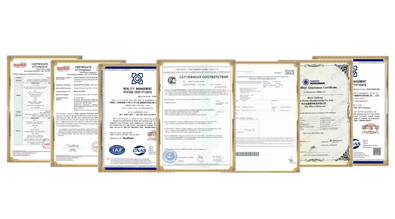
Welcome to RAYOUNG – Strong Pipes, Stronger Promise
